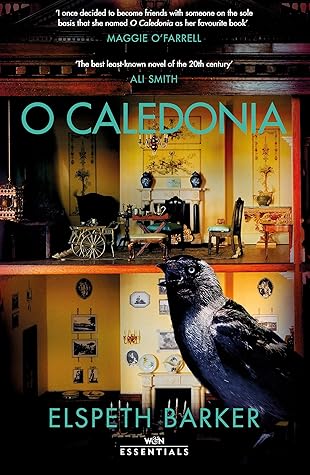More on this book
Community
Kindle Notes & Highlights
The subject lost its appeal and was closed in favour of the living, who offer continuous material for persecution.
Janet’s eyes stung and her legs burned and stung, but she was filled with happiness. She had rid her life of one haunting fear. And she had known the toxic joy of power.
Grandpa’s God, like Nanny’s, was all-seeing, all-powerful, but, unlike Nanny’s, He was protective and compassionate, not vengeful.
Her suspicions about Vera were now confirmed. Anyhow she had no need for a mother. She had the dogs, the cats, her pony and all the woods and hills and waters and winds of Auchnasaugh. And she had books.
‘You’ve done well with that one, Vera,’ remarked Constance, leaving unspoken the corollary of how badly Vera had done with Janet.
And now that was that, and there she was in the dining-room mirror – plain, treacherous and guilty.
‘You may pass through life without friends, but you can’t manage without acquaintances.’
But she had assumed that people were different, metaphysical.
Janet began to hate the sea. There was so much of it, flowing, counter-flowing, entering other seas, slyly furthering its interests beyond the mind’s reckoning; no wonder it could pass itself off as sky; it was infinite, a voracious marine confederacy.
Man’s inhumanity to man and beast dominated a world of vicious anarchy and disgrace. Only the trees and hills and the night sky held to their orderly beauty, ‘O look upon the starry firmament’.
Sometimes Janet thought that life’s sole purpose was to teach one how to die. As in most spheres, so in this, animals did better than people.
Far away in the black pulsating torture chamber of her skull she perceived the form of the weeping manatee, and the word humanity and the word manatee merged in dolour.


